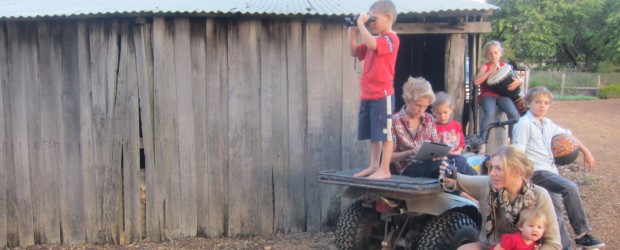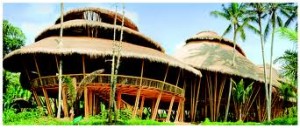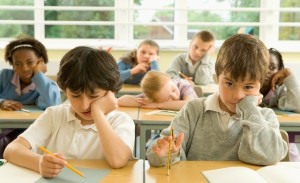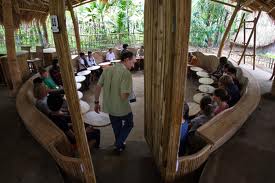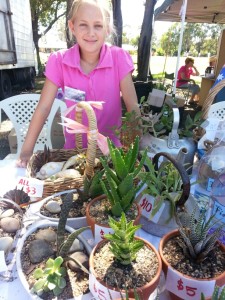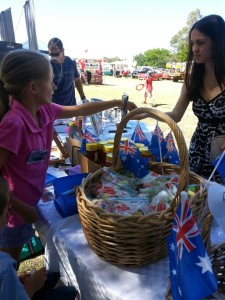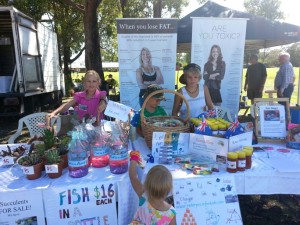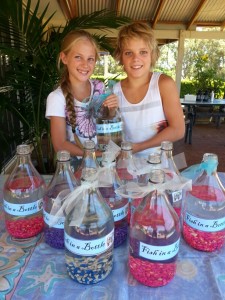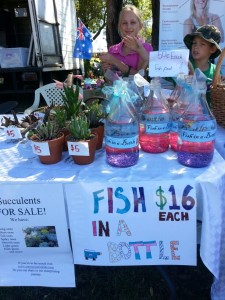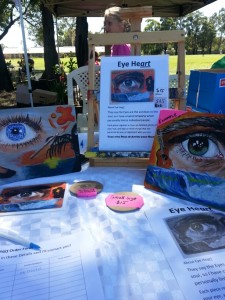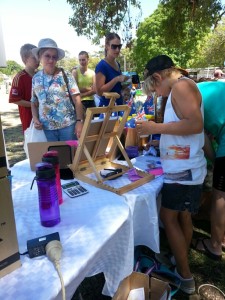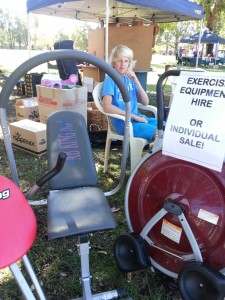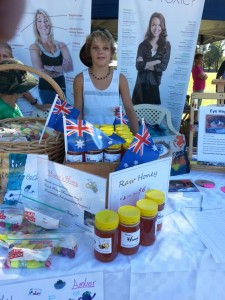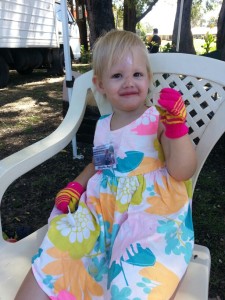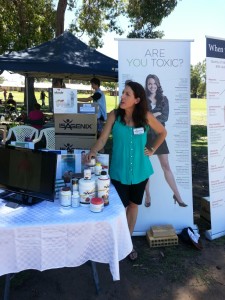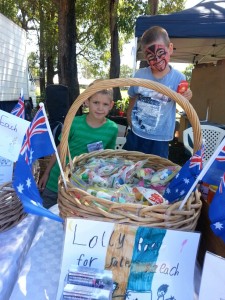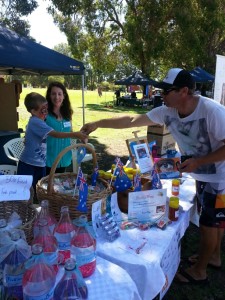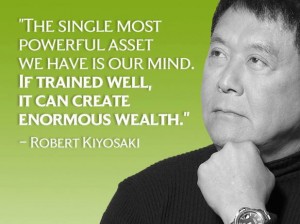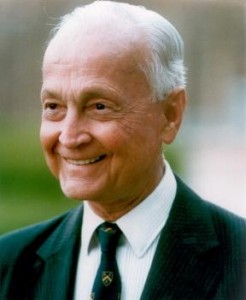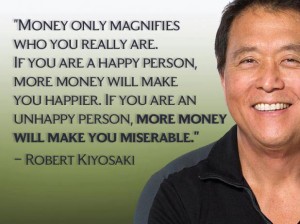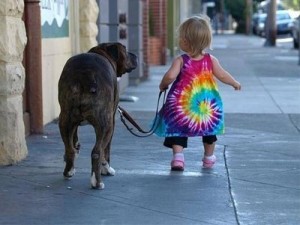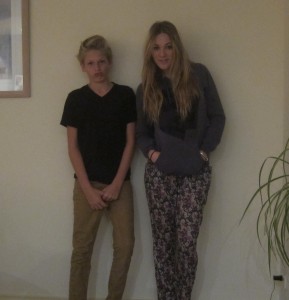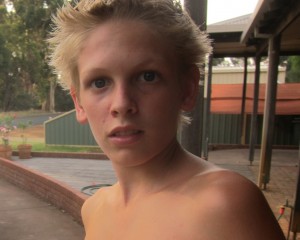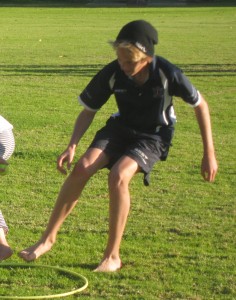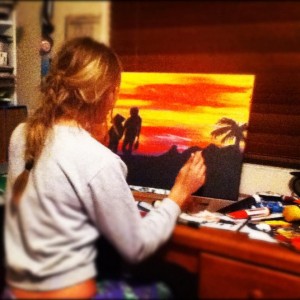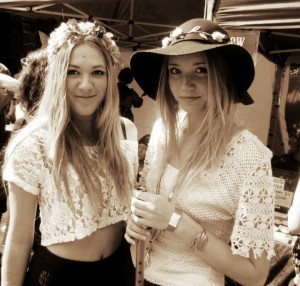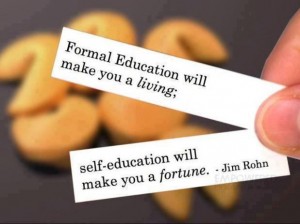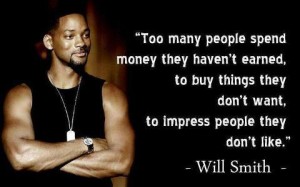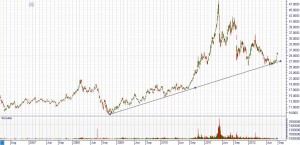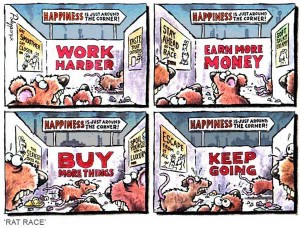Imagine a school with a natural, holistic, student-centred learning environment that empowers and inspires their young people to be creative, innovative, green leaders?
There are many schools that aspire to a vision such as this, but very few achieve it! In fact, in all the years that I’ve been a teacher I know of only one such school that has been gaining the genuine attention of educators and parents from all around the world. This unique school is located in a forest on the island of Bali in Indonesia, and it is constructed entirely of bamboo.
Green School Bali is an innovative school that is different in just about every aspect to regular Australian schools. It is different in its construction, the way it is run, its philosophy on raising and teaching children and with its curriculum.
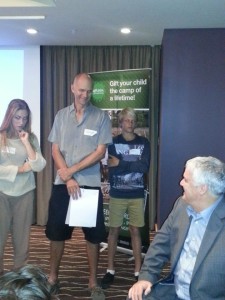 Cathy, myself and our kids recently had the opportunity to attend an excellent presentation in Perth on Green School Bali. The Principal, Mr Alan Wagstaff, show-cased his school and shared their philosophy on education. He spoke with passion and with tremendous pride.
Cathy, myself and our kids recently had the opportunity to attend an excellent presentation in Perth on Green School Bali. The Principal, Mr Alan Wagstaff, show-cased his school and shared their philosophy on education. He spoke with passion and with tremendous pride.
Rightly so… as Green School Bali is turning many heads! The founders of the school think ‘way out of the box’ and have created a harmonious learning environment that kids excel in. They, and a growing group of others, believe that this school is the way of the future with education. Perhaps the policy makers, politicians and leaders of our outdated education system should take a serious look at Green School Bali.
In previous articles we have challenged the pedogogical practices of our current 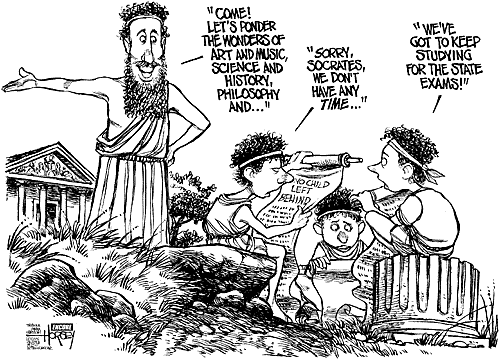 schooling system here in Australia. We have the view that it provides a good literacy education. However, the design of our system is to condition young people to be obedient, hard working and compliant. Now that doesn’t actually sound so bad does it, but what I mean is that our world needs workers to fill jobs and that is what schools do. They train kids to be loyal workers and aspire to have a life long JOB. Now, that is perfect for those who want to do that, but what happens if you want to become an Entrepreneur? Many of our schools don’t really foster true leadership, innovation or enterprise. Our schools certainly don’t provide a financial education, nor do they teach kids to develop the habits and thinking of an entrepreneur.
schooling system here in Australia. We have the view that it provides a good literacy education. However, the design of our system is to condition young people to be obedient, hard working and compliant. Now that doesn’t actually sound so bad does it, but what I mean is that our world needs workers to fill jobs and that is what schools do. They train kids to be loyal workers and aspire to have a life long JOB. Now, that is perfect for those who want to do that, but what happens if you want to become an Entrepreneur? Many of our schools don’t really foster true leadership, innovation or enterprise. Our schools certainly don’t provide a financial education, nor do they teach kids to develop the habits and thinking of an entrepreneur.
Alan Wagstaff was also very apologetic about his very strong views on our archaic education system currently running in Australia (and other western Societies). He pointed out many issues that should not be dismissed, and he backed his views with facts, figures and research conducted by qualified experts in education. He cited the work of well regarded intellectuals and authors such as Michael Shorts, Alfie Kohn and Steven Covey.
So what does green School have that is so uniquely special?
This quote by Michael Franti begins to paint a picture…
“For anybody that’s considering sending your kid to school here, it’s different than other schools where your kid’s going to be assigned a number and a desk and you show up and you do exactly what you’re told. Here if you have an idea to do something that’s outside of the box, that idea is going to be fostered and nurtured rather than pushed down. I highly recommend coming here as a visitor, if you’re just visiting Bali; and if you’re a student, it’s a great place to be.” – Michael Franti, poet, musician, and activist.
Alan Wagstaff shared an interesting statistic about students in our regular schools. Studies show that two thirds of students over 11 years old in Australian schools are not engaged in their learning and don’t really like school! These same students feel that they are learning irrelevant things that won’t be of any use to them when they leave school. Funny he happens to point this out, as we hear this at times from our teenage children. In fact I think back to much of the mundane content that I had to master, and be tested on, as a student in High School and then again as a student at Teachers College. Content that was of no use to me in what I do today.
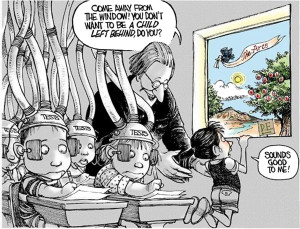 Alan says we need to change the structuring of timetabling. We need to go from subject based teaching to student-centred. If you look at what children do at school, their timetable will typically revolve around Literacy and Numeracy with subjects such as The Arts being of lesser importance by shoving them into the afternoon gaps on the timetable. We push the students with Literacy and Numeracy in order to uphold the education ‘brand’ and to satisfy National Testing (NAPLAN). Our curriculum is all prescribed with little room for being flexible. Whatever the subject, the emphasis is always Literacy and Numeracy. With the introduction of the new Australian Curriculum we are in for an even more inflexible schooling system.
Alan says we need to change the structuring of timetabling. We need to go from subject based teaching to student-centred. If you look at what children do at school, their timetable will typically revolve around Literacy and Numeracy with subjects such as The Arts being of lesser importance by shoving them into the afternoon gaps on the timetable. We push the students with Literacy and Numeracy in order to uphold the education ‘brand’ and to satisfy National Testing (NAPLAN). Our curriculum is all prescribed with little room for being flexible. Whatever the subject, the emphasis is always Literacy and Numeracy. With the introduction of the new Australian Curriculum we are in for an even more inflexible schooling system.
With all the emphasis on Literacy and Numeracy, why do we have so many kids not meeting the grade?
What is it about schooling that creates life success? … the short answer is simply having kids turn up at school and be fully engaged and you’ll get there!
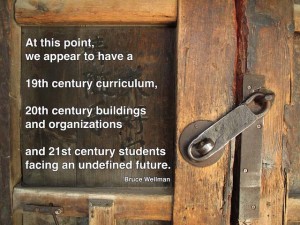 Therefore we need kids to be satisfied. Schools need to link students into life! Their learning needs to be realistic and of relevance to each of them individually. Everyday we should be academically up-skilling kids, but not comparing them with other kids.
Therefore we need kids to be satisfied. Schools need to link students into life! Their learning needs to be realistic and of relevance to each of them individually. Everyday we should be academically up-skilling kids, but not comparing them with other kids.
Parents should ask, not how do they compare with other kids, but what is it they are learning.
Alan explained how they educate children at Green School Bali. Here is what he said.
The programs are structured around themes. These are collaboratively planned by the teacher team leaders. Teachers then run proficiency lessons within these short term themes. Students are shown the continuum of what they need to learn in the different areas of the curriculum and then the students set about working towards learning what they need to learn at their own levels. The students take the responsibility for their own learning.
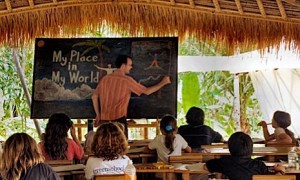 Within the broader themes, students follow their own individual interests. They develop their own ideas and these ideas are fostered and expanded. They themselves identify what they need to learn and then conduct their own investigations and study groups in order to learn, understand and practice skills.
Within the broader themes, students follow their own individual interests. They develop their own ideas and these ideas are fostered and expanded. They themselves identify what they need to learn and then conduct their own investigations and study groups in order to learn, understand and practice skills.
Every day the children are engaged in practical lessons that challenge the Big Four… Physical, Emotional, Intellectual and Interpersonal.
For example, if the general theme was ‘Waves’, then the Big 4 may run as follows…
Physical- Go experience the waves by surfing.
Emotional- Paint a wave or sing a wave melody
Intellectual- Study wave formations.
Interpersonal- Sit by the waves and meditate.
At Green School there are no rigid timetables. This allows themes to develop through dynamic chaos. Specialist teachers decide what will be done and teachers research the theme and subject areas. Students are then engaged in proficiency lessons.
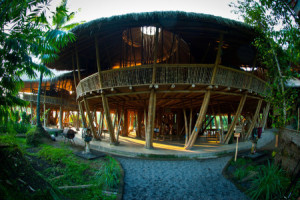 Alan said that in order for students to learn something they must ‘hit it three times in three different ways during the week’. Thus mini themes develop within the bigger themes. Teachers teach children to self manage their way through learning. Therefore the kids are fully engaged and it leads to lifelong learning.
Alan said that in order for students to learn something they must ‘hit it three times in three different ways during the week’. Thus mini themes develop within the bigger themes. Teachers teach children to self manage their way through learning. Therefore the kids are fully engaged and it leads to lifelong learning.
Opportunities are seized as they arise to provide practical real life lessons in the following areas… connect to the real world; environmental education; health and wellbeing; performance arts; enterprise education; and visual arts.
These lessons are timed (have end date), sustainable, are flexible and must be authentic. They do this by venturing beyond the school and accessing adults and resources in the ‘enterprising world’.
Green School’s aim is for kids to want to go to school and for them to be fully engaged. Thus the emphasis is on relevance to learning and valuing students, and not on testing and comparing students as we do in our current schooling system. This simply puts unnecessary pressure on them.
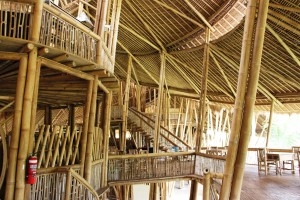 Green School Bali is an architectural masterpiece. A masterwork built of bamboo and mud brick. There are no classroom walls and very little impact on the environment. The school is self sustainable with power sourced from a large bank of solar panels and hydro power from the river. Students all assist with growing food in the large permaculture garden where animals are also kept for use.
Green School Bali is an architectural masterpiece. A masterwork built of bamboo and mud brick. There are no classroom walls and very little impact on the environment. The school is self sustainable with power sourced from a large bank of solar panels and hydro power from the river. Students all assist with growing food in the large permaculture garden where animals are also kept for use.
Surrounding the school are bamboo homes built by local and international people who choose to live in Bali so that their children can attend the school. 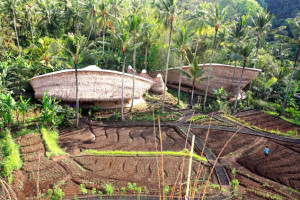 Under construction are numerous studios that are to be leased cheaply to entrepreneurs under the proviso that the students are involved with these businesses, allowing them to develop enterprise skills and ultimately they will learn to be entrepreneurs.
Under construction are numerous studios that are to be leased cheaply to entrepreneurs under the proviso that the students are involved with these businesses, allowing them to develop enterprise skills and ultimately they will learn to be entrepreneurs.
This is truly a real live example of an exemplary school. Students attending this school are achieving outstanding results in all aspects of their development, including academics. They are learning faster and going further than their peers on mainland Australia. Although the school has only been running for a short time, they have their first graduates graduating and, those choosing to do so, are being accepted into universities around the world.
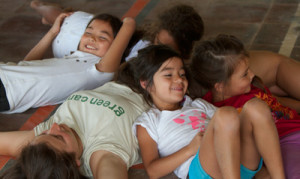 Alan Waggstaff and the founders of the school have a vision to create change in how all schools educate. They know that they will be challenged if they target the top of the education hierarchy in Australia. So they are working to make change from the bottom up. They are doing this by being an exemplary school and by being noticed! They are also training teachers on mainland Australia with Green School ideologies with the purpose of these teachers making gradual change in their own schools.
Alan Waggstaff and the founders of the school have a vision to create change in how all schools educate. They know that they will be challenged if they target the top of the education hierarchy in Australia. So they are working to make change from the bottom up. They are doing this by being an exemplary school and by being noticed! They are also training teachers on mainland Australia with Green School ideologies with the purpose of these teachers making gradual change in their own schools.
If you are inspired by what this school stands for and would like to impact change in our current schooling system, then get in contact with Alan Waggstaff to organise for him and his team to train your people (parents and teachers done at very low cost). This is his email alan@greenschool.org .
There are currently places available in the school for students. The school charges $6000 year for primary aged students and $12000 year for secondary. It is a non profit school and offers places to many disadvantaged students through privately funded scholarships.
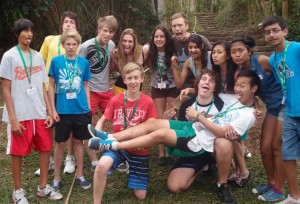 Another way to have your kids experience Green School Bali, is to send them along to the Green SuperCamp. There is one coming up mid year. Kaitlin, Jai and Flynn attended last year and came back transformed! We are working towards them attending the camp again this year along with our eleven year old daughter Amber. If you would like to know more about the Green SuperCamp give us a call or email.
Another way to have your kids experience Green School Bali, is to send them along to the Green SuperCamp. There is one coming up mid year. Kaitlin, Jai and Flynn attended last year and came back transformed! We are working towards them attending the camp again this year along with our eleven year old daughter Amber. If you would like to know more about the Green SuperCamp give us a call or email.
Here is a blog post we wrote a year ago about Green SuperCamp sharing our kids’ experiences there.
Check out what Flynn had to say about the Green SuperCamp
As always, we appreciate comments. Do you think our schools are up for the challenge of preparing our children for our modern world?
John Hardy, founder of Green School Bali speaks at TED.
